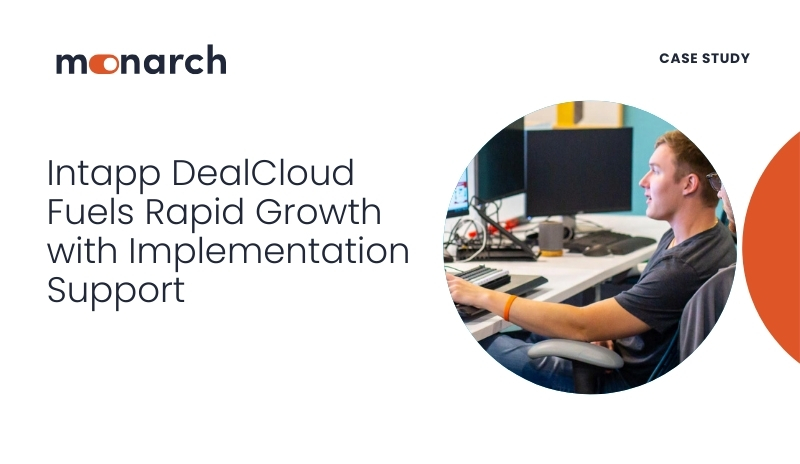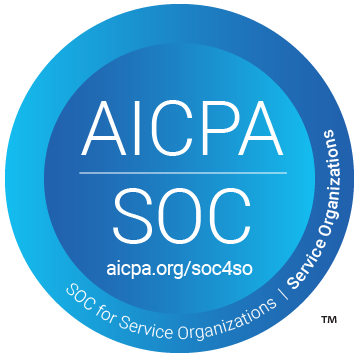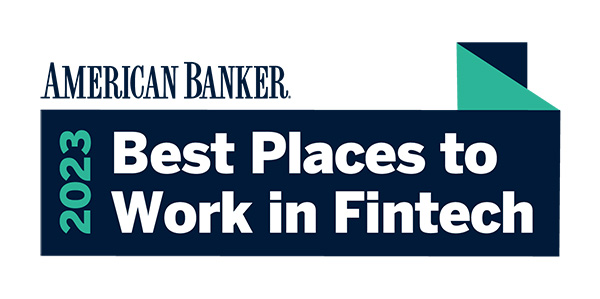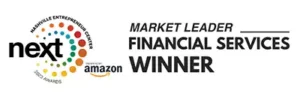Outsourcing Implementation: An Overview
When a SaaS company is looking to successfully onboard new customers to their software products, there are a lot of moving parts to consider. From setting up the implementation infrastructure to training the team, the process can be complex and time-consuming.
This is the context where outsourcing implementation services can be beneficial. In these cases, using an external partner means hiring a third-party company to handle aspects of the implementation and onboarding process, allowing the SaaS company to focus on its core business operations.
It’s not uncommon for some organizations to be weary of outsourcing implementation services. There are challenges that come with an external partner. These challenges, however, are not insurmountable. Let’s take a look at some of the differences between in-house and external teams, and how the right partner can bridge the gap for SaaS companies.
How Can Outsourcing Implementation Work For You?
Integrated Partnership Model
One of the major objections to using an external partner is introducing a “new company” into the relationship. The best way to overcome this is for the external team to act as a “white-label” service. This model involves external partners acting as an extension of the established SaaS company’s team, working closely with them to provide seamless onboarding services.
In many instances, a customer might not even know the implementation specialists aren’t part of the SaaS company. When done well, customer activation and implementation in this framework can increase customer affinity and engagement with the SaaS product and team. This can boost adoption and retention rates.
The key to success in this model is having a team of long-tenured members who are experts in their field. By working closely with the SaaS company, they can fully understand their products, processes, and goals, allowing for a smooth and efficient integration.
U.S.-based Hereshore Consultants
The U.S.-based Hereshore model addresses many of the typical objections or complications of outsourcing. With this model, you can reap the benefits of working with talented individuals right here in the United States.
One major advantage of the Hereshore model is the proximity to your business. This means easier communication, similar time zones, and a better understanding of your company’s culture. U.S.-based talent also often has a strong work ethic and a good understanding of business practices.
In terms of structure, the Hereshore model can take on several forms. You might choose to work with a dedicated team that operates as an extension of your in-house staff. Alternatively, you could opt for a project-based approach, where you outsource specific tasks or projects to U.S.-based talent.
Monarch has long championed the Hereshore model, using it to not only create better outcomes for SaaS companies and their customers, but also to create jobs for tech professionals in our home area.
Cost Efficiency
Outsourcing can be a cost-efficient choice for businesses. It doesn’t necessarily mean cutting jobs – instead, it can help offload the expenses that come with hiring and maintaining a full staff.
When a company outsources certain tasks, it can reduce the need to recruit and hire new employees. This means there are fewer costs for job postings, interviews, and onboarding. It also means less time spent on these tasks, which can free up resources for other important projects.
Additionally, outsourcing can also offload insurance benefits costs and other overhead expenses. When businesses hire full-time employees, they aren’t just taking on a salary. The company is responsible for providing benefits like health insurance and retirement plans. Outsourcing can help reduce these expenses, as the contracted workers may already have these benefits covered through their own employers or as independent contractors.
By outsourcing certain tasks, businesses can achieve cost efficiency without sacrificing the quality of their work. It’s a great way to streamline operations and focus on the most essential aspects of the business.
Billing Structure
One notable downside to leveraging outsourced implementation partners is the intricacies involved in managing their billing structure. Ensuring a seamless process for accounts payable and maintaining optimal cash flow between your company and external partners can present significant challenges.
A strategic approach to navigate this complexity is the establishment of a transparent billing framework with your outsourced partners. An ideal partner would work within your established timekeeping system, and independently verify that invoices match. Working with someone who adopts your processes simplifies this potentially complex piece of the partnership.
Working with an external partner can also provide some flexibility for your company. Based on terms with an outsourced implementation provider, you could invoice customers immediately, but gain 30 days or more for your accounts payable. That can provide a nice buffer to smooth out cash flow for your business.
Scalability
When it comes to using a team from outside instead of an internal team, scalability is one of the big advantages. Here are a few examples:
- When a project requires more or fewer people than expected, it’s easier to scale up or down with an external team. This flexibility can save time and money, avoiding the need to hire or lay off internal employees.
- External teams can accommodate for quick adjustments to meet changing demands without disrupting internal operations.
- With an external team, businesses can access specialized skills and expertise for specific projects without having to hire full-time staff.
Overall, scalability allows businesses to adapt to changing needs and optimize resources. Whether increasing or decreasing manpower, having the flexibility to scale up or down can be a valuable tool for success.
Addressing FAQs
Scaling Partnerships
When starting a new partnership, it’s important to begin with a small team. This allows everyone to get to know each other and understand the product and industry. As the partnership grows, this knowledge can be passed along to the rest of the outsourced team, ensuring a smooth scaling process.
Monarch’s strategy for scaling partnerships begins with embedding a small, specialized team within your operations, expanding as required. This approach has proven successful with flagship clients like DealCloud and Pendo, demonstrating Monarch’s capability to adapt and grow alongside your business.
The initial consultant plays a crucial role in learning about the product and industry. This knowledge is then shared with the rest of the team as the partnership expands. By starting small and gradually scaling, the partnership can avoid potential issues and ensure a successful collaboration.
Industry Expertise
When a SaaS company outsources a team, they gain access to experts with experience across various industries. This expertise can be incredibly valuable for the company.
By working with clients in different industries, the outsourced team can gain insights and knowledge that can be applied to the SaaS company’s products and services. They can see firsthand the challenges and opportunities that exist in different industries, allowing them to develop a deep understanding of the market.
This industry expertise can support the SaaS company in several ways, including:
- Providing valuable insights into the needs and pain points of customers in different industries
- Informing product development to better meet the specific requirements of customers in various sectors
- Enabling the company to tailor its marketing messages and strategies to resonate with different industry audiences
- Supporting strategic decision-making by having a diverse range of industry perspectives and experiences at hand
Overall, having a team with wide-ranging industry expertise can help the SaaS company better understand and serve its customers, stay ahead of industry trends, and make more informed business decisions.
What is Right For You?
When it comes to finding the right external implementation partner for your business, it’s important to consider a few key factors.
First, think about your specific needs and goals. What are you hoping to achieve by working with an external implementation partner? Whether it’s streamlining processes, improving efficiency, or onboarding customers faster, make sure the partner you choose has the expertise to help you reach your objectives.
Next, consider the partner’s track record and experience. Look for a partner who has a proven track record of success in your industry, with a history of delivering results for their clients. Reviews and testimonials from previous clients can also give you valuable insights into the partner’s capabilities.
Lastly, consider the cost and scalability of the partnership. Make sure the partner’s services align with your budget and that they have the capacity to scale with your business as it grows.Find out more about Monarch’s approach to implementation partnerships, and see how we support rapid activation and onboarding of your customers.







